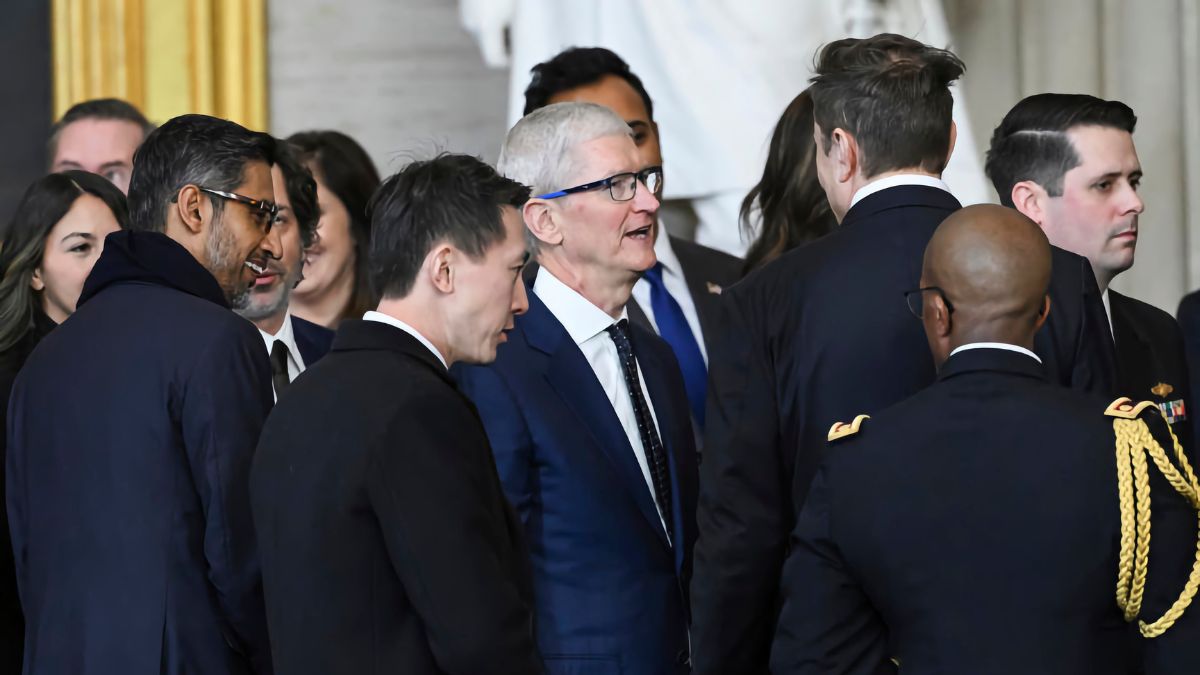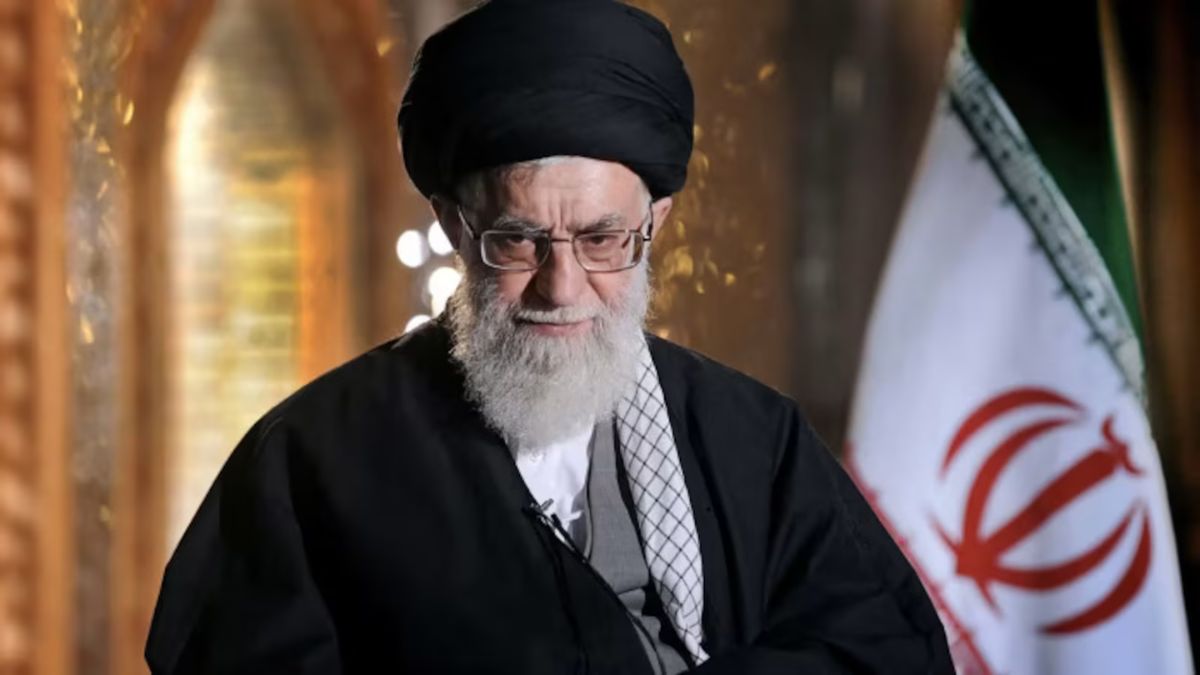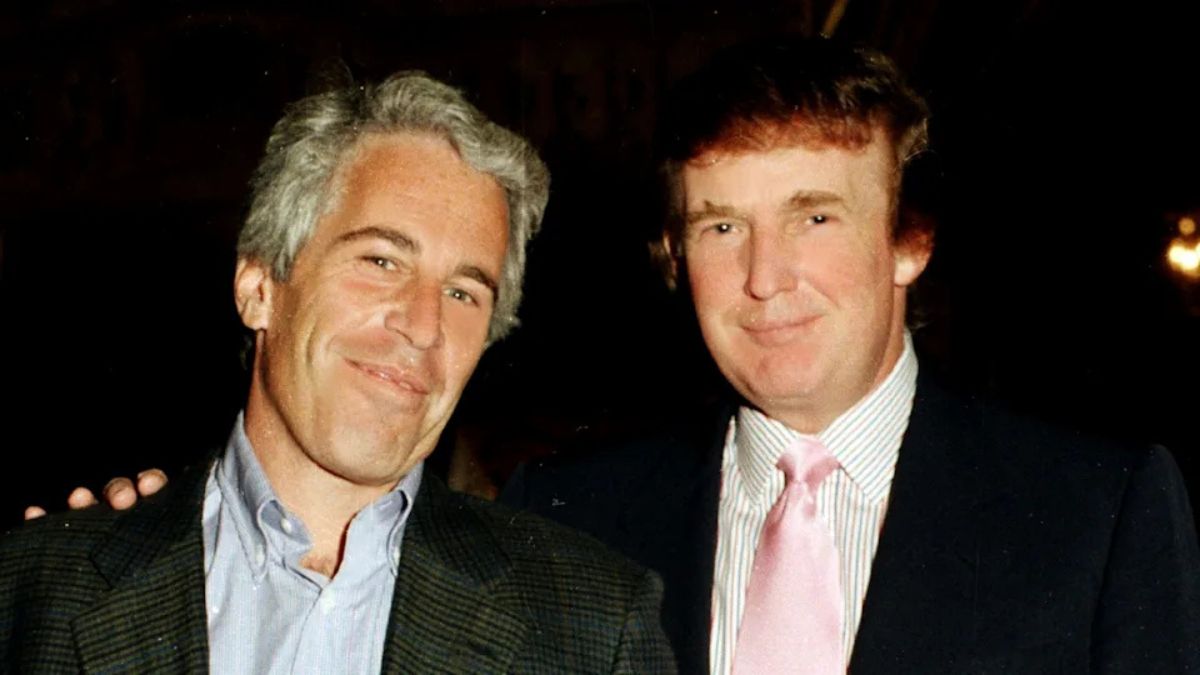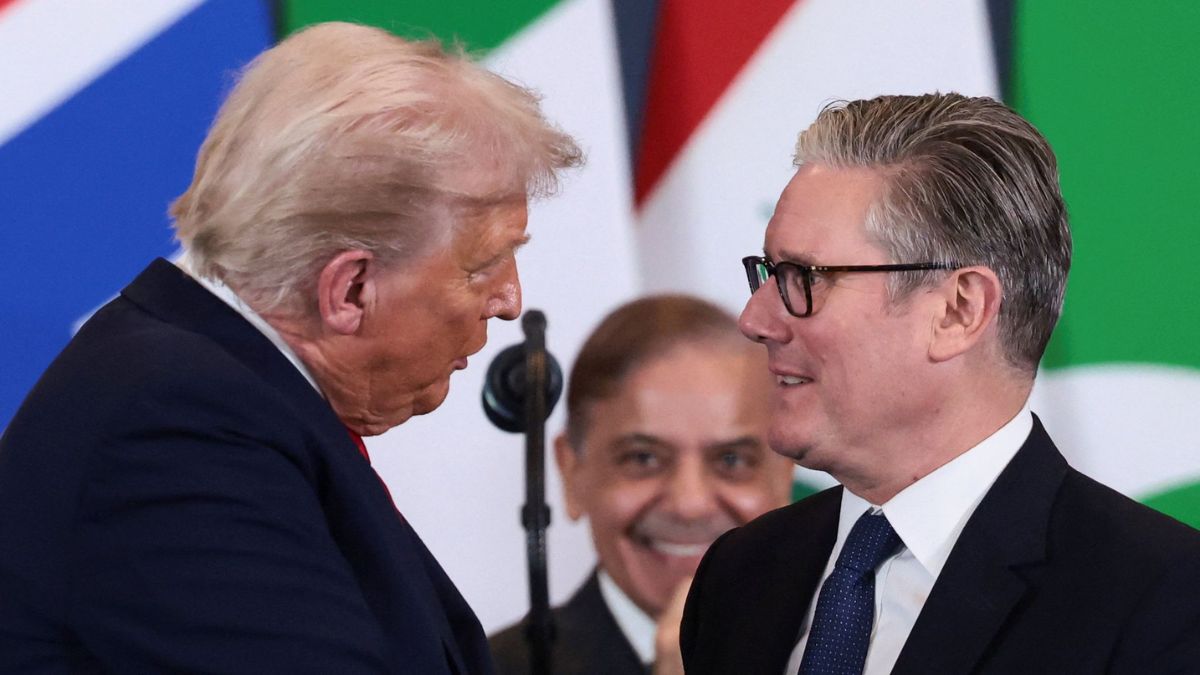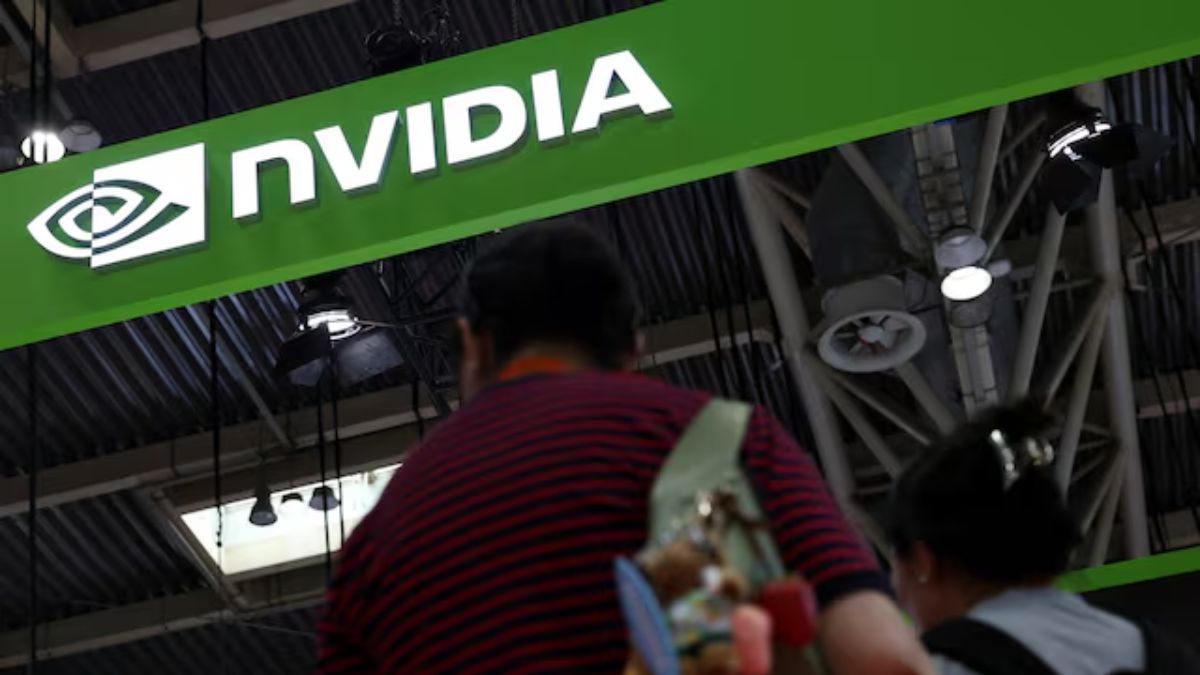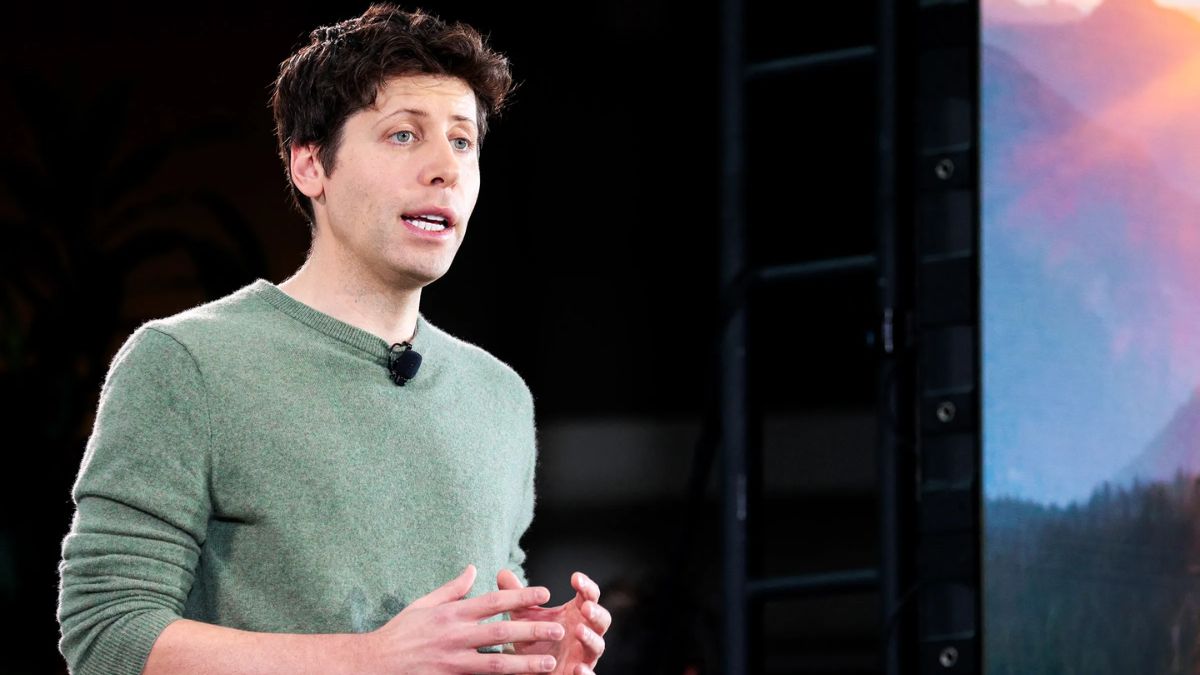A major business rivalry between Elon Musk and Apple CEO Tim Cook is escalating, following Apple’s rejection of a $5 billion satellite deal proposed by Musk.
In 2022, Musk offered Apple a deal to use his company SpaceX’s Starlink satellites for iPhone services. The offer included a $5 billion upfront payment and a further $1 billion annually, following an 18-month exclusive period. Musk gave Apple 72 hours to accept the proposal.
However, Apple declined. CEO Tim Cook instead chose to partner with Globalstar, a smaller satellite provider, to support emergency satellite communication on iPhones. The move reflected Apple’s more cautious approach to risk and preference for smaller, established partners.
Musk responded by launching Starlink Direct to Cell, in collaboration with T-Mobile. This service allows direct satellite connectivity to smartphones, including iPhones on the T-Mobile network, directly competing with Apple’s Globalstar-based service.
The rivalry has since moved into legal territory. SpaceX has filed a legal challenge against Globalstar, arguing the company is not efficiently using its assigned wireless spectrum. If successful, the challenge could disrupt Apple’s satellite plans and force it to consider alternatives—possibly reopening talks with SpaceX.
Internally, Apple is also facing questions. Some executives, including software chief Craig Federighi, have reportedly raised concerns about Globalstar’s outdated technology and lack of innovation.
The competition between Apple and SpaceX now extends beyond business deals. It is shaping the future of smartphone communication, as both companies race to lead in satellite-powered connectivity.


